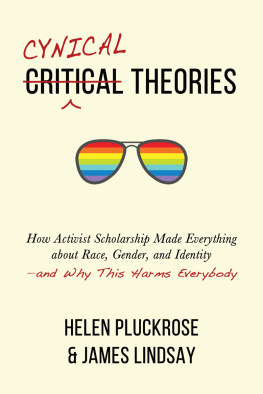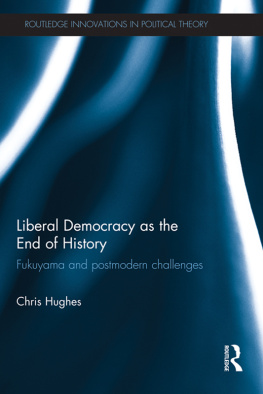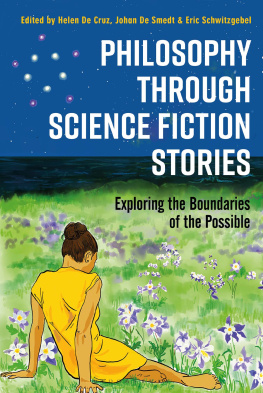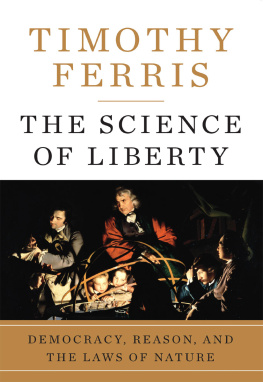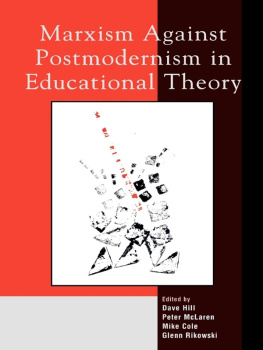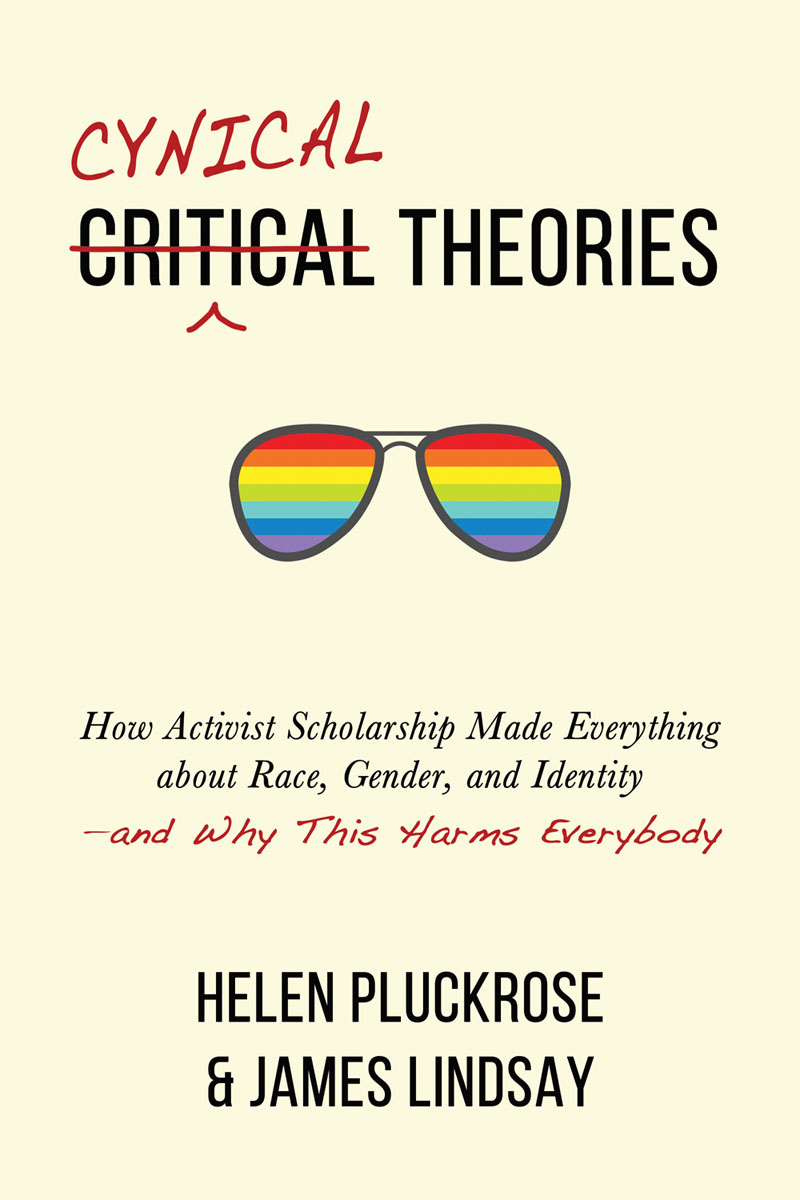

Pitchstone Publishing
Durham, North Carolina
www.pitchstonebooks.com
Copyright 2020 Helen Pluckrose and James Lindsay
All rights reserved.
Printed in the USA
First edition
10 9 8 7 6 5 4 3 2 1
Library of Congress Cataloging-in-Publication Data
Names: Pluckrose, Helen, author. | Lindsay, James, author.
Title: Cynical theories : how activist scholarship made everything about race, gender, and identity-and why this harms everybody / Helen Pluckrose and James Lindsay.
Description: First Edition. | Durham : Pitchstone Publishing, 2020. | Includes bibliographical references and index. | Summary: Outlines the origin and evolution of postmodern thought over the last half century and argues that the unchecked spread and application of postmodern ideas from academia, to activist circles, to the public at large presents an authoritarian ideological threat not only to liberal democracy but also to modernity itself Provided by publisher.
Identifiers: LCCN 2019054122 (print) | LCCN 2019054123 (ebook) | ISBN 9781634312028 (hardcover) | ISBN 9781634312035 (ebook)
Subjects: LCSH: Postmodernism. | Philosophy, Modern20th century. | Authoritarianism.
Classification: LCC B831.2 .A36 2020 (print) | LCC B831.2 (ebook) | DDC 149/.97dc23
LC record available at https://lccn.loc.gov/2019054122
LC ebook record available at https://lccn.loc.gov/2019054123
To my husband, David, who makes all things possible, and my daughter, Lucy, who never wants to hear about postmodernism again. My work there is done.
And to my wife, Heather, who just wanted a simple life and never to have learned that any of this exists.
CONTENTS

ACKNOWLEDGMENTS

We owe our gratitude to many people for making this work possible, accessible, and clear, and the list of those deserving extends well beyond those we have space to mention here. Our thanks go especially to Mike Nayna, the long-suffering editor of many early drafts of this book and our chief advisor on accessibility to the layperson. We hope we eventually grew sufficient ovaries for his satisfaction (well, Jim doesnt, but nevertheless). Thanks to Peter Boghossian for his support and editorial advice and for his constant nagging of us to spend less time arguing these points on Twitter and more on writing them in the book. Special appreciation goes to Jonathan Church for the fruitful discussions of Di-Angelos work on white fragility and his identification of the fallacy of reification, which helped us to give shape to the third stage of postmodern thought. We are indebted to Alan Sokal for his close reading of our manuscript and numerous helpful suggestions for clarifications, qualifications, and additions that greatly improved the text. We are particularly grateful to our editor, Iona Italia, for her unsurpassable wordsmithery and to everybody who provided feedback, support, and encouragement, notably including Gauri Hopkins, Dayne and Clyde Rathbone, Heather Heying, and Bret Weinstein.
INTRODUCTION

During the modern period and particularly in the last two centuries in most Western countries there has developed a broad consensus in favor of the political philosophy known as liberalism. The main tenets of liberalism are political democracy, limitations on the powers of government, the development of universal human rights, legal equality for all adult citizens, freedom of expression, respect for the value of viewpoint diversity and honest debate, respect for evidence and reason, the separation of church and state, and freedom of religion. These liberal values developed as ideals and it has taken centuries of struggle against theocracy, slavery, patriarchy, colonialism, fascism, and many other forms of discrimination to honor them as much as we do, still imperfectly, today. But the struggle for social justice has always been strongest when it has cast itself as the defender of liberal values universally, insisting that they be applied to all individuals, not just to wealthy white males. It must be noted that the general philosophical position that we call liberalism is compatible with a wide range of positions on political, economic, and social questions, including both what Americans call liberal (and Europeans call social-democratic) and moderate forms of what people in all countries call conservative. This philosophical liberalism is opposed to authoritarian movements of all types, be they left-wing or right-wing, secular or theocratic. Liberalism is thus best thought of as a shared common ground, providing a framework for conflict resolution and one within which people with a variety of views on political, economic, and social questions can rationally debate the options for public policy.
However, we have reached a point in history where the liberalism and modernity at the heart of Western civilization are at great risk on the level of the ideas that sustain them. The precise nature of this threat is complicated, as it arises from at least two overwhelming pressures, one revolutionary and the other reactionary, that are waging war with each other over which illiberal direction our societies should be dragged. Far-right populist movements claiming to be making a last desperate stand for liberalism and democracy against a rising tide of progressivism and globalism are on the rise around the world. They are increasingly turning toward leadership in dictators and strongmen who can maintain and preserve Western sovereignty and values. Meanwhile, far-left progressive social crusaders portray themselves as the sole and righteous champions of social and moral progress without which democracy is meaningless and hollow. These, on our furthest left, not only advance their cause through revolutionary aims that openly reject liberalism as a form of oppression, but they also do so with increasingly authoritarian means seeking to establish a thoroughly dogmatic fundamentalist ideology regarding how society ought to be ordered. Each side in this fray sees the other as an existential threat, and thus each fuels the others greatest excesses. This culture war is sufficiently intense that it has come to define politicaland increasingly sociallife through the beginning of the twenty-first century.
Though the problem to the right is severe and deserves much careful analysis in its own right, we have become experts in the nature of the problem on the left. This is partly because we believe that, while the two sides are driving one another to madness and further radicalization, the problem coming from the left represents a departure from its historical point of reason and strength, which is liberalism. It is that liberalism that is essential to the maintenance of our secular, liberal democracies. As we have written previously, the problem arises from the fact that,
The progressive left has aligned itself not with Modernity but with postmodernism, which rejects objective truth as a fantasy dreamed
Next page
